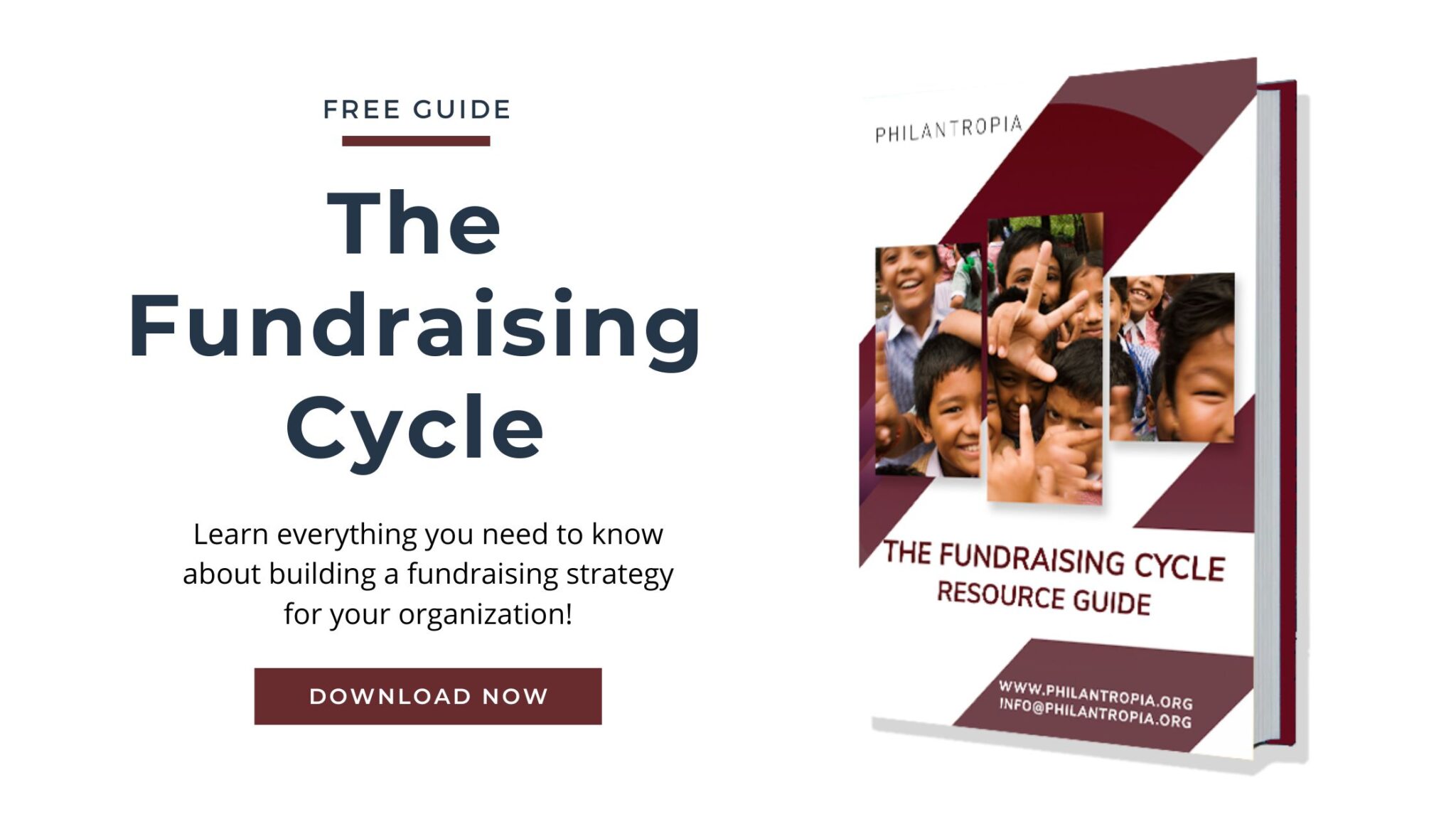If a donor has funded you in the past, they are more likely to fund you in the future too. Often this comes as a new grant, but there is a second method of gaining additional funding: grant extensions.
Grant extensions are agreements between the project implementors and donors to extend an ongoing project. The extension could refer to the timeline, budget, or both. Grant extensions may be granted for a variety of reasons – it could be an unexpected issue that occurred that delayed implementation or a new relevant conference was announced, or the project was so successful that other communities requested project support, etc. While limited in size and scope, the benefit of grant extensions is that NGOs do not have to go through the entire application process again from the beginning.
Grant extensions are a viable option for additional funding that NGOs should consider. However, they do come with their own risks and challenges. Here are five tips on approaching donors for grant extensions.
Get the timing right
Timing is of central importance in requesting grant extensions. Ask for an extension too late, and the donor will not have enough time to process. Ask too early, and the donor will not have had enough time to see how great your project is. For a 12-month project, the sweet spot is typically at the 9-month mark: after the mid-evaluation was submitted and processed, but with still enough time before the grant ends for good. Note that it is extremely difficult to extend a grant once the project is completed or the original deadline has passed.
Mind your tone
Unlike making a request for a grant in a CfP, with grant extensions you are already in an active partnership with the donor. On one hand, this is why grant extensions are often easier than winning new grants. On the other hand, it is also possible requesting a grant extension may sour the current partnership. In the worst case, a grant extension may sound to the donor that you are threatening the project’s progress unless you get more money. Before sending an official letter or email, try asking personally in a meeting or phone call about the donor’s policy on grant extensions. Even when you do make the ask in writing, take care to show you want to hear the donor’s thoughts.
Be reasonable
As this is only meant to be an extension of the current project, try to keep the original terms as similar as possible. Do not treat this like a new grant or a chance to win free money. With an extension, it is reasonable to lengthen the project timeline, but not double it. It is reasonable to ask for supplementary overhead expenses, but at the same or similar rate to the original agreement. Do not use a grant extension to launch a completely new project.
Do the paperwork
One reason a donor may hesitate to allow extensions have nothing to do with the project, but because it may require a lot of additional administrative paperwork. Be proactive in assisting with this. Offer to send a current evaluation, the extension proposal, a new financial report, etc. in addition to any regularly required reports. This may sound like a lot of work for your organization, but is it is still easier than submitting an entirely new proposal!
Think long-term
Developing a trusting and reciprocal relationship with your donors is essential for long-term financial sustainability. Do not be so short-sighted as to force a grant extension at the cost of your good name. If the donor somehow interprets your request as demanding more money, they may stop funding you completely. For projects that could truly benefit from an extension, try making the ask. If you just want additional funding, then submit a new proposal instead.
In our next article, we include a sample request for a grant extension and letter template.




